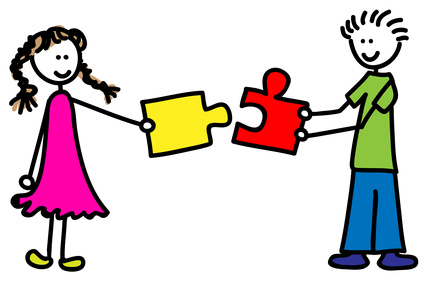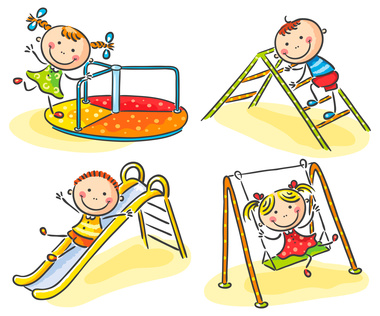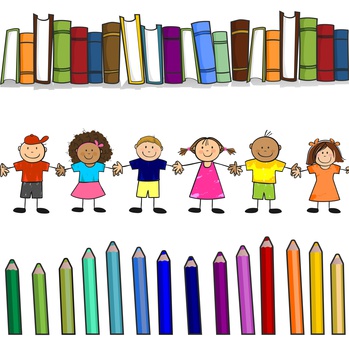Personality theory
Social and emotional development
Erik H. Erikson (1902 - 1994)
Erikson's theories of development are similar to Freud's work. Both describe personality developing in stages, but Erikson concentrates mainly on the super ego and on the influence of society on a child's development, whereas Freud focuses on physical aspects of a child. However, both theories are linked to child's social and emotional development.
Erikson believes that people are naturally equipped to face difficulties or crisis in this world. Their ability to deal with problems are a product of their personality, which develops from childhood to adulthood.
Erikson proposed 8 developmental stages during a person's life - 5 during childhood and 3 during adulthood. He saw each stage as a dilemma and believed that how a person coped with the dilemma would affect their personality.
How does Erikson's theory link to practice?
Theory suggests that children would need to gain enough confidence if they were to successfully go through each stage.
This means that adults working with children need to make sure that they give them enough time to explain and take initiatives as well as giving them plenty of praise.
It is important to make children feel valued and loved, as well as making them feel safe and building trust.
Activity
Look at the following situations and see if you can link each situation to a stage of Erikson's theory:
1. A child looking at another child in a way that suggest comparison.
2. Babies having their needs met quickly
3. Toddler having a go at dressing himself
Click on the images or text on the left hand-side to access relevant courses.







